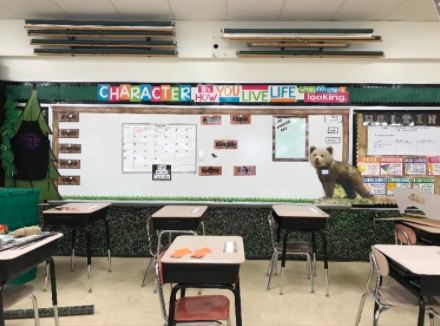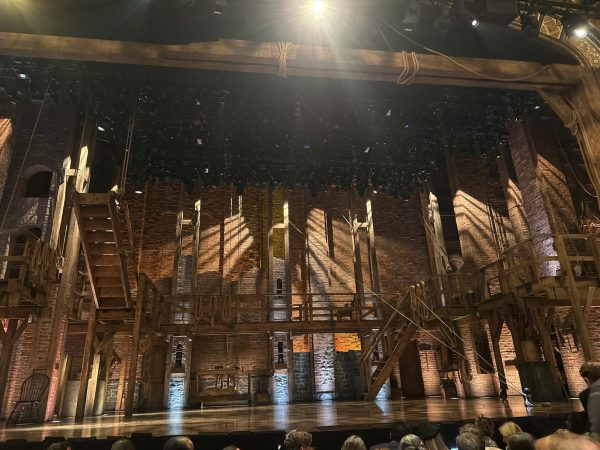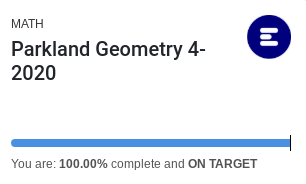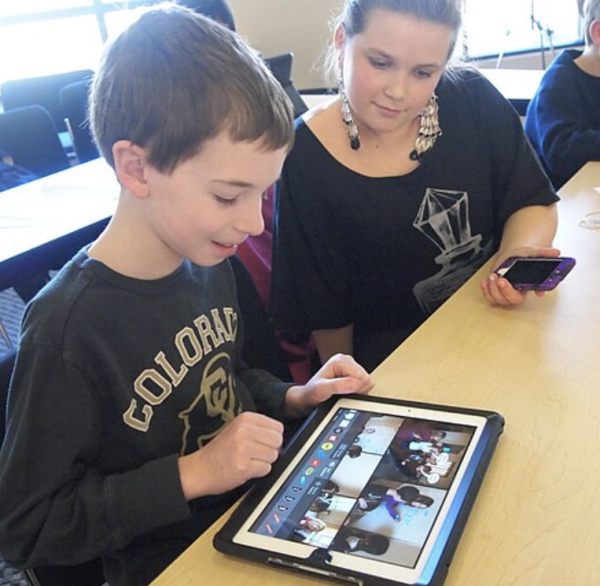Education Interacts With Technology

Photo by Maddi Haines
I think when you discuss the idea of the progress of education through time, there are two different schools of thought. You can think about it in the sense that it has all been positive progress that has brought us through deeper thinking and brought us into more knowledge. Or you can think about it that certain forms of technology and new ways of teaching have altered the way we learn and think in a negative way.
Throughout time, as society has become more technologically advanced, we have seemed to lose parts of our emotional and physical connections. And this has also come into play with the realm of education and how students are learning. When doing a research project, looking through the library and going out and finding the answer ourselves has become a “lost art” if you will. It has now become an instant gratification of looking it up online in a matter of seconds.
When we as a society look to the online world for answers we lose the experience of going out and finding answers for ourselves in the real world. Now yes this is not always the case for every student, but the internet and technology still has changed the way we learn. For instance e-learning has taken us into a whole new world of learning through a screen. Watching several hour lectures on a computer screen is no match for a real face-to-face, hands-on learning experience. When you can feel, taste, smell, see, and or hear something, you’re getting that direct transition from your senses into the Hippocampus, the memory holding piece of your brain.
Technology can prohibit us from learning things and experiencing things that older generations did not even think twice about having. It prohibits us, not in all situations, from getting that physical and emotional contact with things and people. While it has made great strides in improving education and branching out all of educational resources, it has taken away parts of the most important piece, human connections.
There are positives to the technology we use for education, like being able to access resources that we cannot physically use for example videos of the first man walking on the moon or things you cannot learn from reading from a book but must see. Real literature and peoples life work still must be cherished to keep true knowledge and history alive.
Your donation will support the student journalists of Parkland High School. Your contribution will allow us to purchase equipment and cover our annual website hosting and printing costs.







